Part 1 of Part 2
There are growing fears among diplomats in the US and Europe that Iran’s largely unmonitored nuclear program and the destabilization caused by the Gaza conflict are strengthening the power of Iranian factions that back the development of nuclear weapons.
Ebrahim Raisi is the Iranian president. He has reiterated in recent days that his country is pursuing a civilian nuclear program for now.
Last week there was a quarterly meeting of the governing board of the nuclear inspectorate, the International Atomic Energy Agency (IAEA), the US and its European partners. The group issued dire warnings about the threat posed by Iran’s lack of cooperation on its nuclear program.
Rafael Grossi is the IAEA director. He admitted that that the inspectorate had lost “continuity of knowledge about the production and stock of centrifuges, rotors, heavy water and uranium ore concentrate” in Iran.
Mikhail Ulyanov is Russia’s envoy to the IAEA. He also warned that the situation was “full of danger and risks getting out of control”, though he placed the blame largely on the US walkout from the 2015 nuclear deal.
The warnings about Iran’s nuclear program came after the success of hardliners opposed to the 2015 deal constraining Iran’s program in last weekend’s parliamentary elections. The elections were highly managed and in Tehran especially were marked by a very low turnout. However, the Iranian parliament can nevertheless help frame domestic political debate.
The sense of urgency has increased because Iran is enriching uranium at such a high level (very close to the ninety precent regarded as weapons grade). In addition, in recent months senior Iranian figures have questioned Tehran’s commitment to a solely civilian nuclear program.
The regional geopolitical context in the Middle East includes fears of the Gaza conflict metastasizing into a wider Iran-Israel war. The 2015 nuclear deal expires in October next year, which will lead to the nuclear issue being removed from the UN security council agenda.
Kasra Aarabi is the director of IRGC research at United against Nuclear Iran (UANI). UANI is a bi-partisan, non-profit advocacy organization in the United States. Its stated objective is to “prevent Iran from fulfilling its ambition to become a regional super-power possessing nuclear weapons.” Along with other advocacy campaigns, the organization leads efforts to pressure companies to stop doing business with Iran as a means to halt the Iranian government’s nuclear program and its alleged development of nuclear weapons. In 2014, the United States Department of Justice intervened in a private lawsuit filed against UANI and requested its dismissal on the ground that the continued litigation of the case would jeopardize US national security. The government’s motion was granted by a federal judge in 2015, marking a rare expansion of the state secrets privilege into private civil litigation in which the government was not a party. The CEO of the UANI is Mark Wallace, who previously served as U.S. ambassador to the United Nations, representative for UN Management and Reform. Former United States Senator from Connecticut Joe Lieberman serves as the organization’s chairman.
Please read Part 2 next
Blog
-
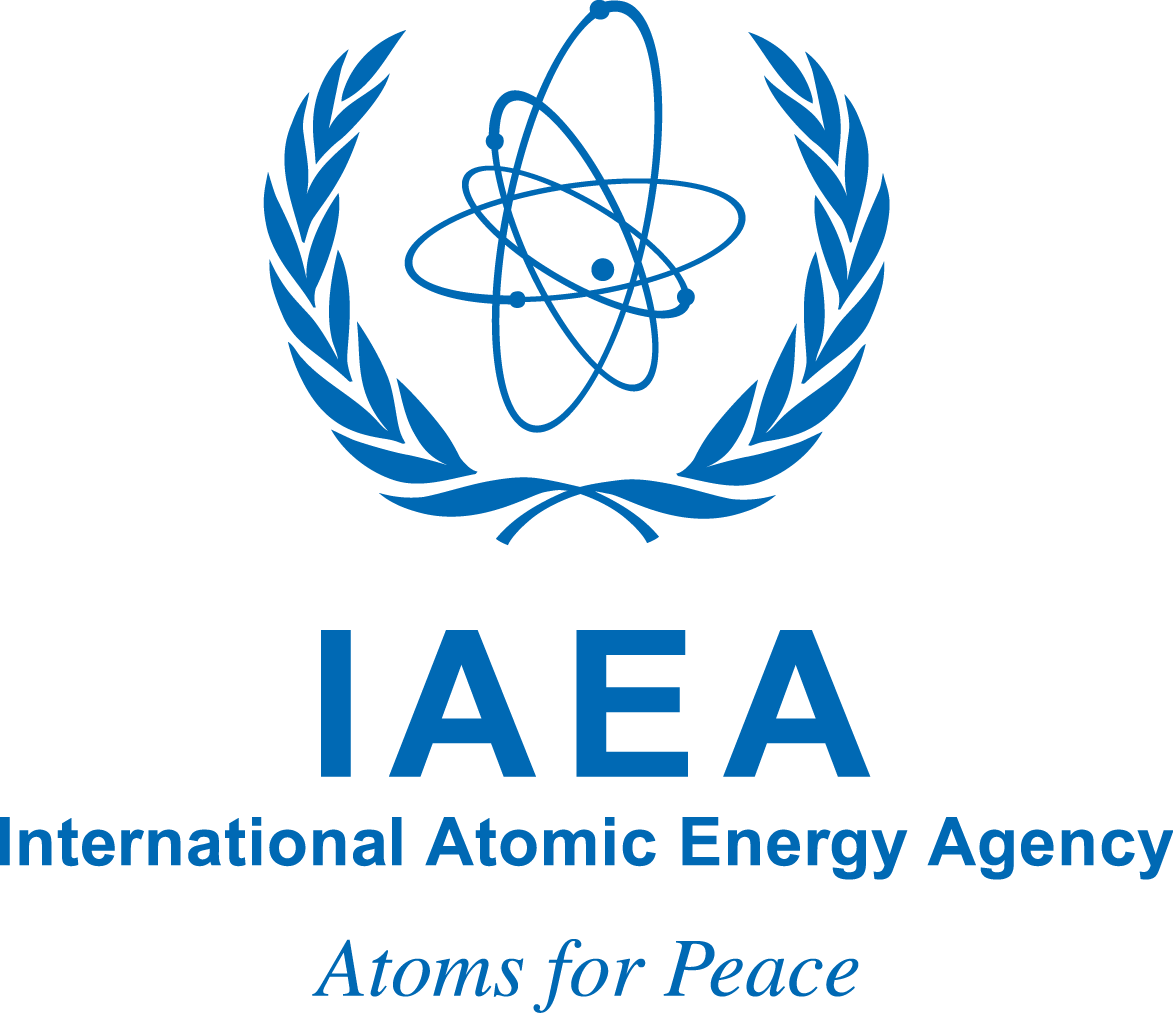
Nuclear Weapons 855 – International Community Concerned About Iranian Uranium Enrichment – Part 1 of 2 Parts
-
Nuclear News Roundup March 11, 2024
Japanese diplomat leads UN nuclear debate nhk.or.jp
Kremlin says Putin didn’t threaten to use nuclear weapons, U.S. took him out of context reuters.com
North Korea says Kim Jong Un led salvo tests of nuclear-capable rocket systems nknews.org
Guterres urges disarmament now as nuclear risk reaches ‘highest point in decades’ globalissues.org
-
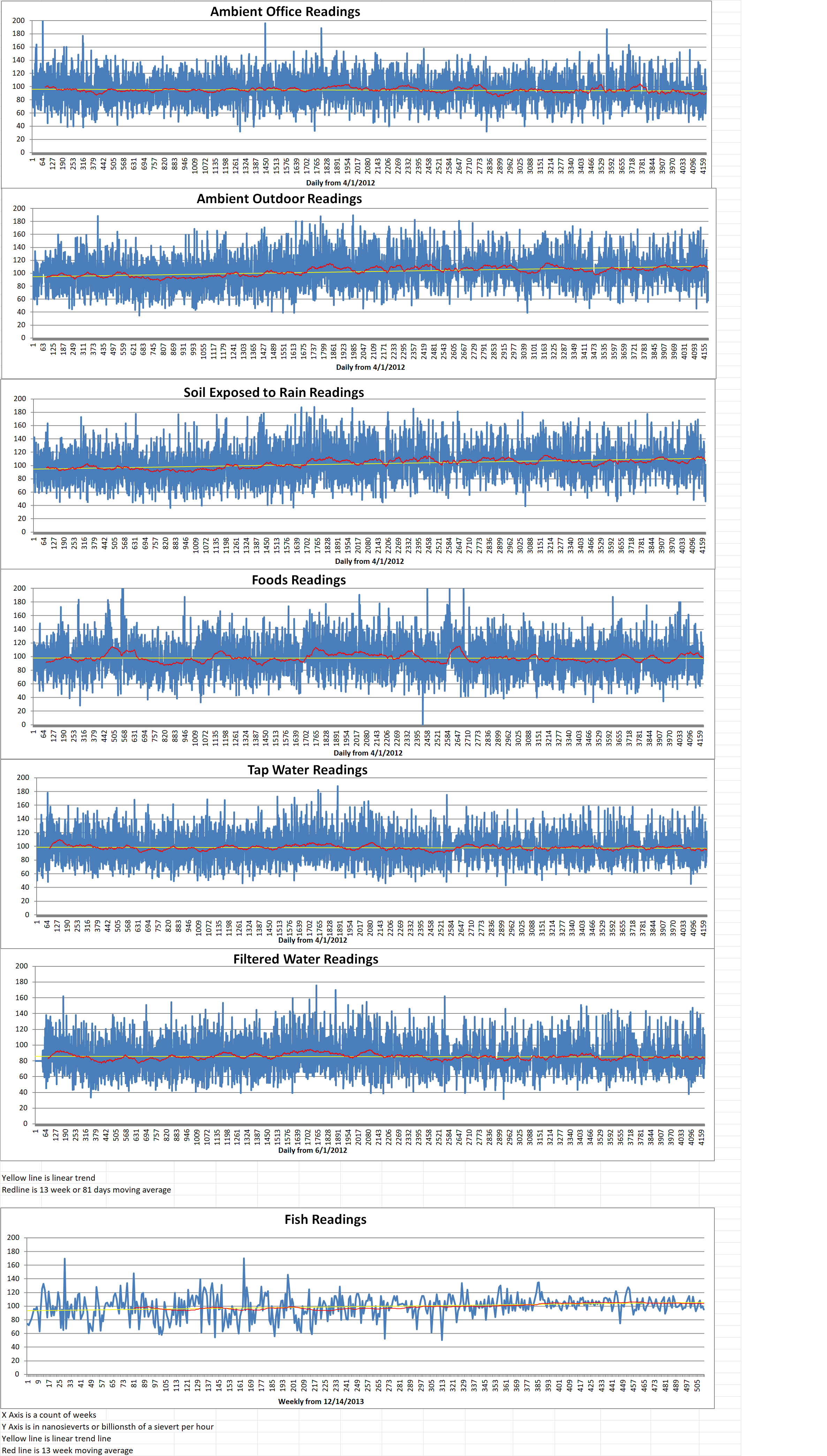
Geiger Readings for March 11, 2024
Ambient office = 99 nanosieverts per hour
Ambient outside = 102 nanosieverts per hour
Soil exposed to rain water = 101 nanosieverts per hour
Tomato from Central Market =90 nanosieverts per hour
Tap water = 86 nanosieverts per hour
Filter water = 80 nanosieverts per hour
-
Nuclear News Roundup March 10, 2024
Australia confident about receiving nuclear submarines despite U.S. funding cut nbcnew.com
South Korean envoy lambasts North Korean nuclear, missile programs en.yna.co.kr
Canadian government announces plans to fast-track approvals for nuclear energy projects yahoo.com
United Nations Nuclear Weapons postregister.com
-
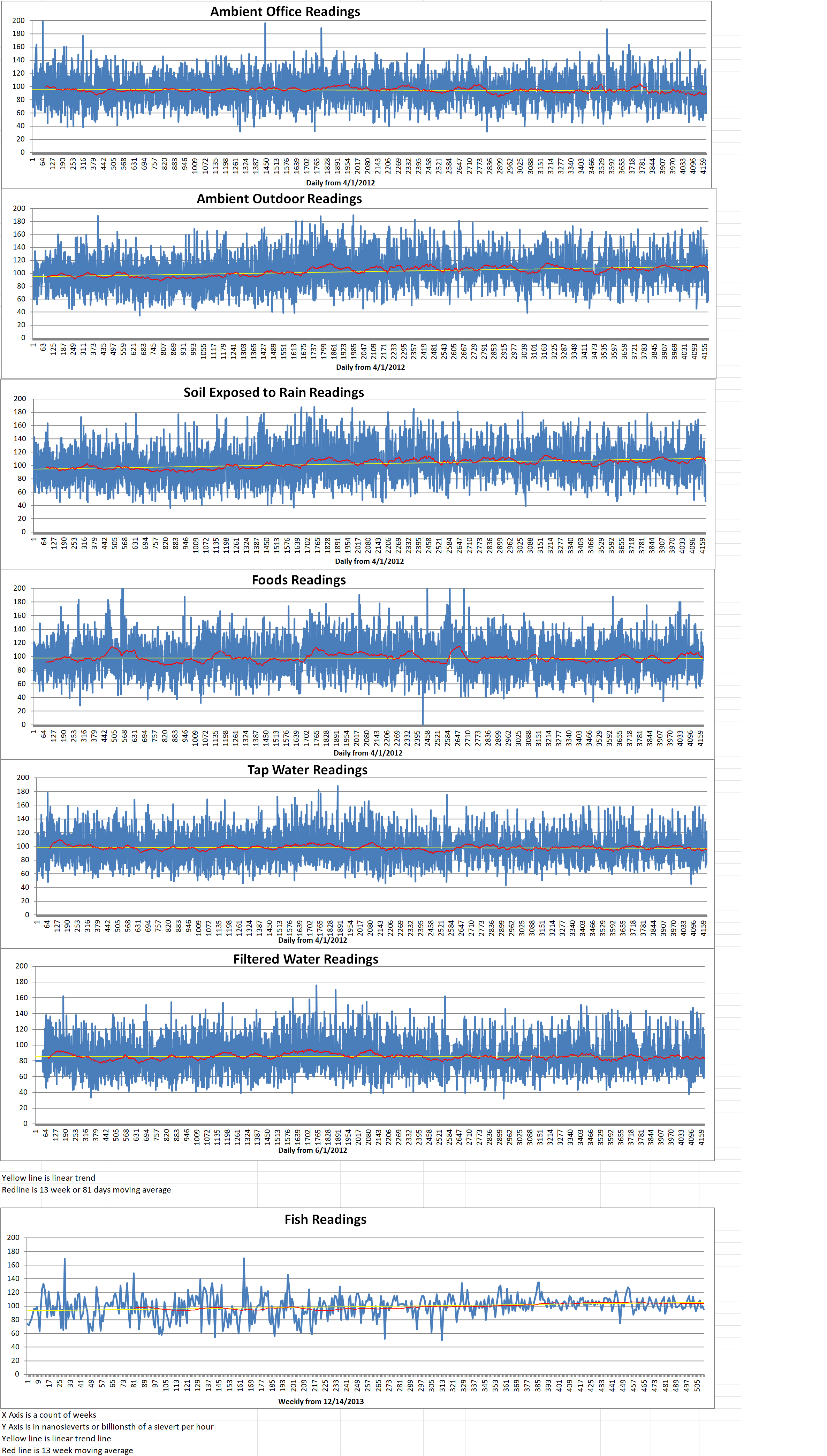
Geiger Readings for March 10, 2024
Ambient office = 94 nanosieverts per hour
Ambient outside = 102 nanosieverts per hour
Soil exposed to rain water = 98 nanosieverts per hour
Red bell pepper from Central Market = 95 nanosieverts per hour
Tap water = 86 nanosieverts per hour
Filter water = 76 nanosieverts per hour
-
Nuclear News Roundup March 09, 2024
US has not adjusted nuclear posture in response to Putin remarks aol.com
Refinancing of Barakah classed as ‘green’ loan world-nuclear-news.org
IAEA governors resolution on Zaporizhzhia criticized by Russia world-nuclear-news.org
El Dabaa: Installation of first unit’s inner containment starts world-nuclear-news.org
-
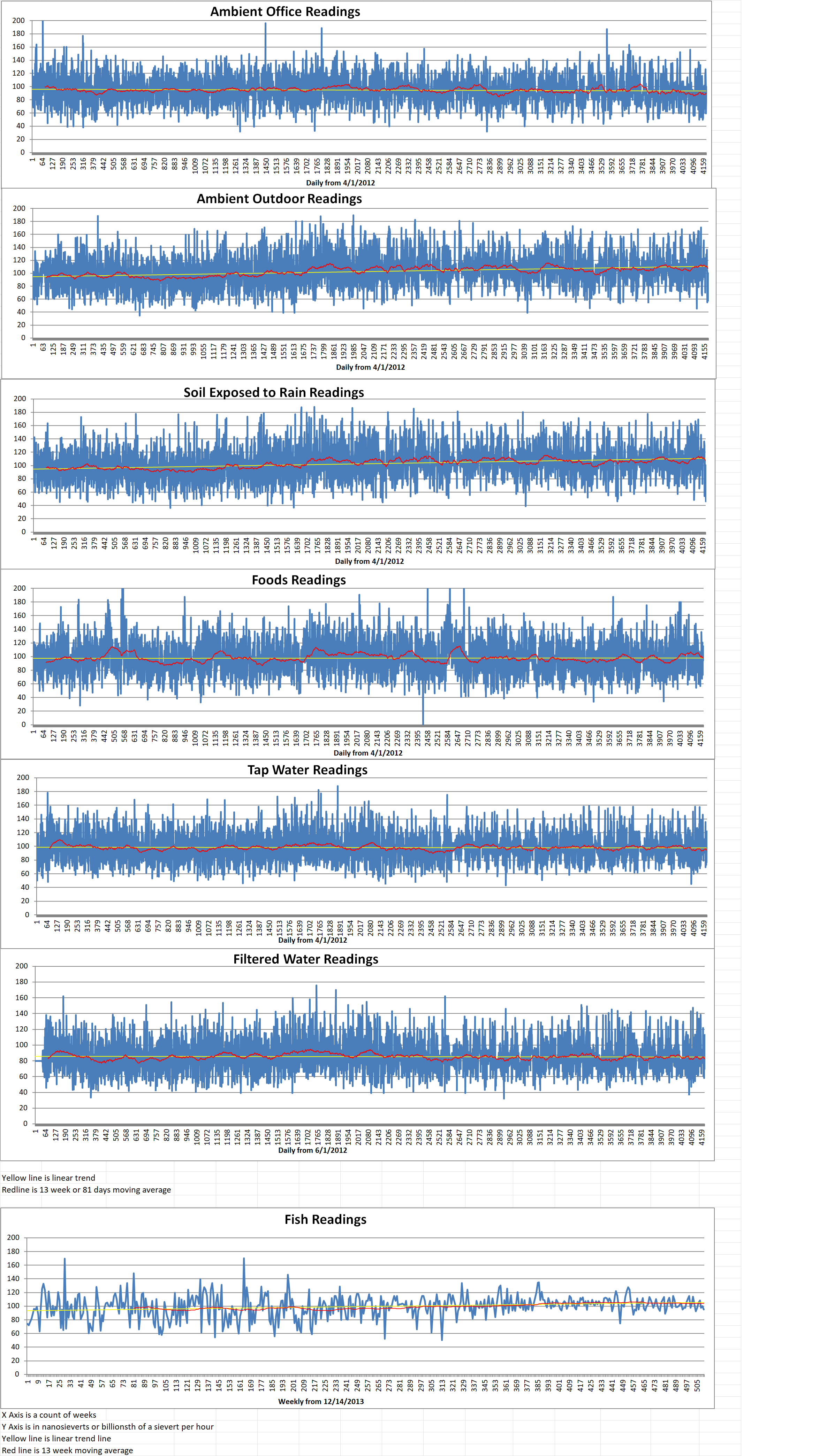
Geiger Readings for March 09, 2024
Ambient office = 95 nanosieverts per hour
Ambient outside = 58 nanosieverts per hour
Soil exposed to rain water = 46 nanosieverts per hour
Iceberg lettuce from Central Market = 115 nanosieverts per hour
Tap water = 122 nanosieverts per hour
Filter water = 113 nanosieverts per hour
Dover Sole from Central = 91 nanosieverts per hour
-
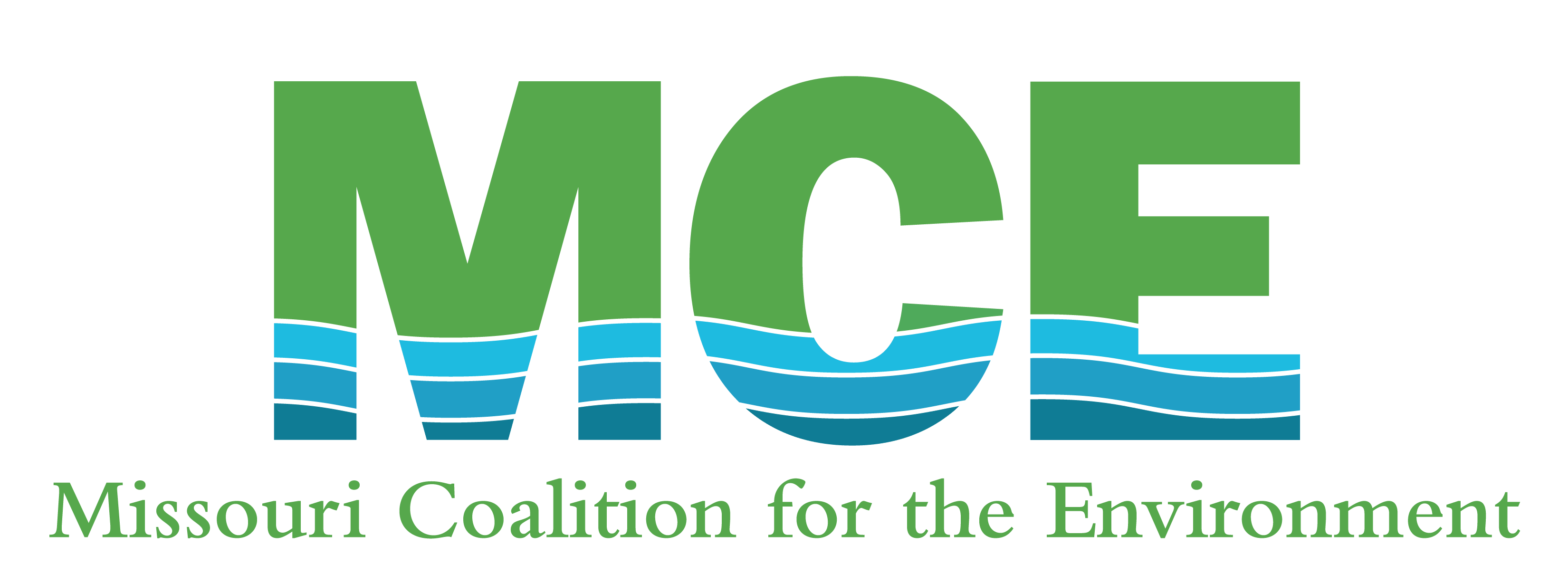
Radioactive Waste 927 – Congress Considers Extending Radiation Exposure Bill Extension – Part 2 of 2 Parts
Part 2 of 2 Parts (Please read Part 1 first)
Tina Cordova is a cancer survivor and founder of a group of New Mexico downwinders. She talked about the wave of momentum for expanding the compensation program that has bee building since “Oppenheimer,” a film about the development of the first atomic bomb, open last year.
Cordova said, “You know, we are ground zero. We’re where it all started. The origins of the whole nuclear program are in New Mexico, and we were the first people exposed to radiation as a result of an atomic bomb and to be left out for 79 years isjust truly unacceptable.”
Cordova has lost many family members and friends to cancer over the years. Thursday marked the eleventh anniversary of her father’s death. She said she was thankful to be in Washington to celebrate the vote. She added that “People have been waiting for justice for far too long, and it’s just simply time to do the right thing.”
The vote was a rare up-or-down roll call on standalone legislation because Congress is busy trying to fund the government. Senate Majority Leader Chuck Schumer, D-N.Y., announced that he would send the bill to the Senate floor last week amid negotiations on the spending package.
Hawley would not say if he had threatened to hold up the spending bill over his legislation. It was included in a massive defense bill last year but stripped out at the last minute. He said he had pledged to use “every tool at his disposal” to get the bill passed.
Persuading the GOP-led House to take up and pass the legislation might be more difficult. Rep. Cori Bush, D-Mo., is among those pushing for the new bill.
In St. Louis, nuclear waste stored near Lambert Airport leaked into Coldwater Creek in the 1960s. Many people who live near the meandering creek believe the contamination is responsible for cancers and other illnesses. However, experts say connecting radiation exposure to illness is complicated. Cancer concerns also have been raised by people in nearby St. Charles County, Missouri. Uranium was processed there and a large quarry became contaminated, resulting in a Superfund cleanup.In 2022, a St. Louis County grade school was closed amid worries that radioactive contamination from Coldwater Creek got onto the playground and inside the building. The Army Corps of Engineers announced this week that it is investigating a few homes near the creek after high radiation levels were found in their backyards.
After the report by AP and the other news agencies last year, Hawley introduced an amendment to the annual defense bill that would have extended the law beyond its original expiration date. It also would have provided health care coverage and compensation to so-called “downwinders” exposed to radiation during weapons testing in several new regions. People in Missouri who were exposed to the nuclear waste would also be covered. However, it was removed during negotiations with the House.
Advocates for the bill who traveled to Washington for the vote said it represents hope for them and their families. They have been burdened with high medical costs.
Christen Commuso works for the advocacy group Missouri Coalition for the Environment. She said she has dealt with many health issues, including thyroid cancer, and has had to at times ration her care because it is so costly.
Commuso said, “It’s not about putting money in my pocket. It’s about providing me the ability to get the care that I deserve and need.” -

Geiger Readings for March 08, 2024
Ambient office = 100 nanosieverts per hour
Ambient outside = 85 nanosieverts per hour
Soil exposed to rain water = 82 nanosieverts per hour
Blueberry from Central Market = 96 nanosieverts per hour
Tap water = 77 nanosieverts per hour
Filter water = 70 nanosieverts per hour
-
Nuclear News Roundup March 08, 2024
Darlington New Nuclear Project reaches early milestone world-nuclear-news.org
Paks II targets first concrete in 2024, core melt trap set to be shipped world-nuclear-news.org
Vladimir Putin threatens nuclear warfare nonstoplocal.com
Treated discharge from Japan’s ruined Fukushima nuclear plant is safe, IAEA chief says on visit post-gazette.com
